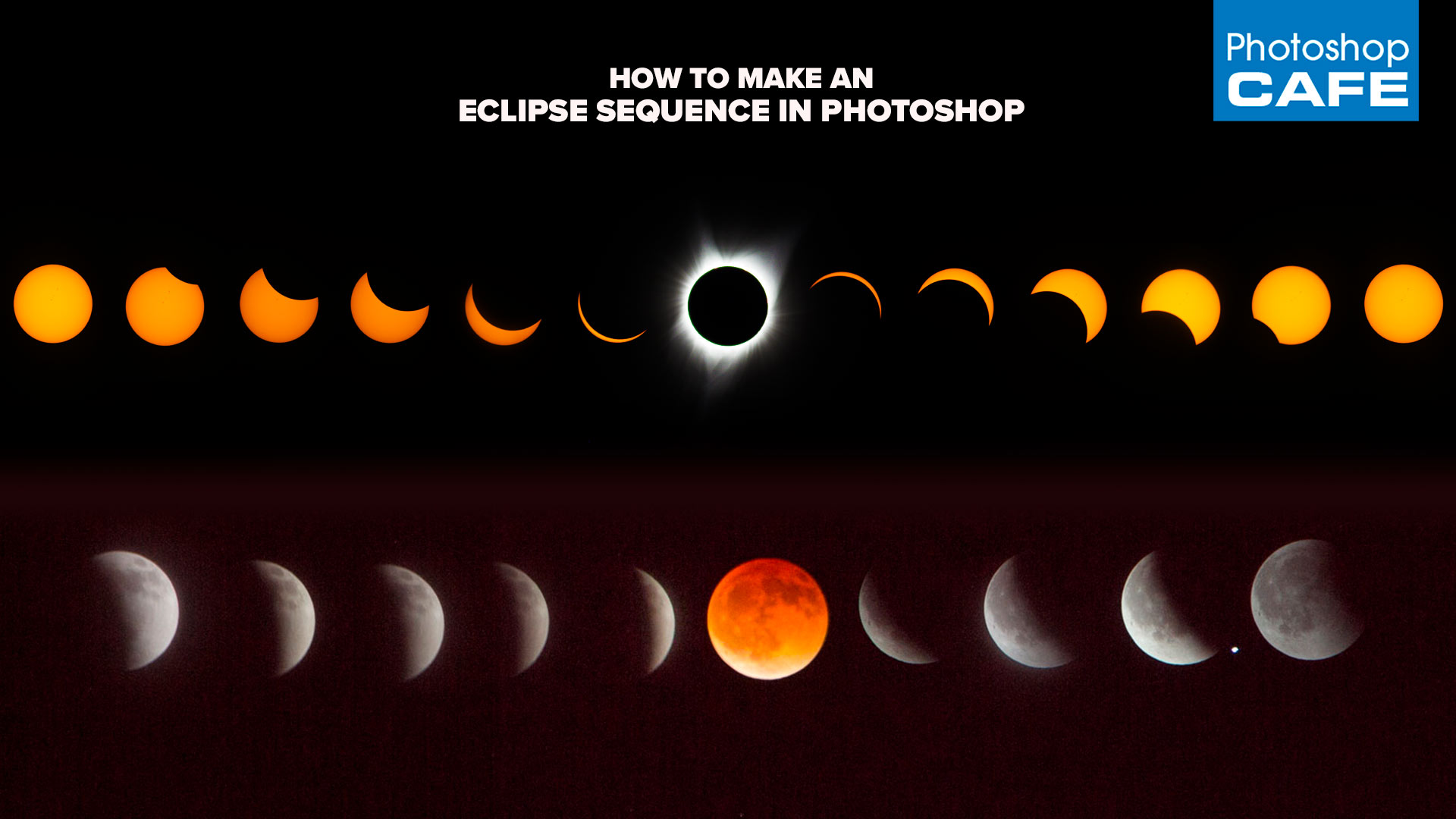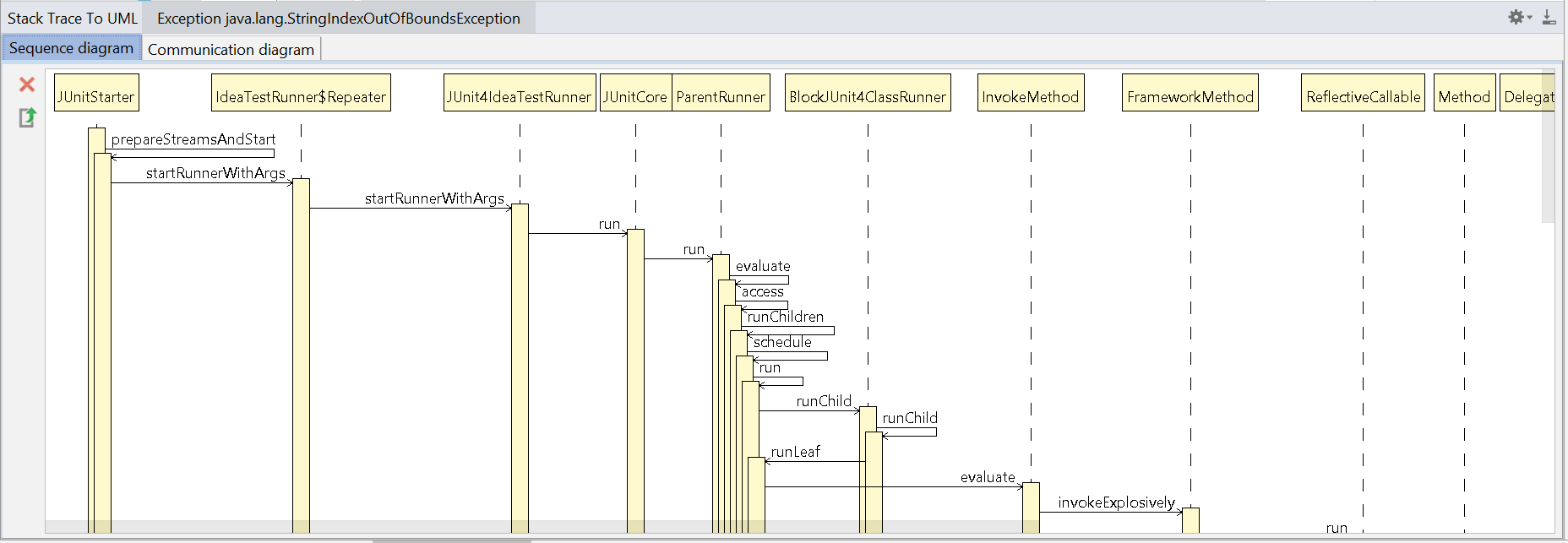

- #Eclipse driver sequence diagram generator youtube install
- #Eclipse driver sequence diagram generator youtube update
- #Eclipse driver sequence diagram generator youtube code
- #Eclipse driver sequence diagram generator youtube free
#Eclipse driver sequence diagram generator youtube code
This approach is followed by popular tools such as MoDisco, and it works well in “software modernization” situations in which you have a “frozen” legacy code base. The usual approach when exposing code as a model is to parse the code, dump it as a model (e.g in XMI) and then treat it as usual. It can handle non-trivial cases like method invocations, array accesses and so on.


This query finds the = expressions in your code, reuses the Eclipse Java Developer Tools to find if one of the two sides is a float (we’re ignoring double to simplify things), and then reports any problems. In particular, this example would be solved with our tool by writing this snippet of EOL code:įor ( expr in Infi圎xpression. This is what we mean with having a model. Too much work for a quick check you wanted to run on your code!Ī simpler approach would be to have a tool give you a representation of the code that is close to how the compiler thinks about it, and that you can go through easily. You will need to parse the Java code, find these = comparisons and reimplement the bits of the Java Language Specification needed to find if one of the two sides is a floating-point expression. Text search won’t help you: floating-point expressions and variables can be arbitrarily complex. This is a very common mistake that novices make. However, what if you want to check something very particular which is not supported by your IDE, and which involves “understanding” Java? As an example, suppose that you want to find all the places in your code where a new programmer may have used = to compare floating-point numbers. For instance, finding a class by name or listing its inherited methods is something we do all the time. In many cases, a simple text-based search or the code navigation facilities in your IDE might be enough. There are many cases in which you may want to check things about your code. But, wait a second, why should I want to do this? ¶

In version 2.4 of Epsilon we introduced a driver that allows Epsilon languages to query Java code as if it were a model, using the internal representations of the Eclipse Java Development Tools. Right click on the canvas to see various available options.Treating Java code as a model in Epsilon ¶.Now just drop compiled java classes into the canvas and it will generate the diagram. This step will provide a canvas for the diagram.Select Class or Sequence diagram you want to create. Select ObjectAid UML diagram from the opened wizard. To create a new UML class diagram, just click on File | New | Other.Note that it will ask you to restart Eclipse to complet the instruction. And now proceed with the on screen instructions for installation.Click on add to add a new repository and enter name ObjectAid UML Explorer.
#Eclipse driver sequence diagram generator youtube install
#Eclipse driver sequence diagram generator youtube update
Or alternatively you can follow below steps to install manually from update site. Open eclipse and drag the below Install button into workspace. It support additional features like, reverse engineer relationships.
#Eclipse driver sequence diagram generator youtube free


 0 kommentar(er)
0 kommentar(er)
